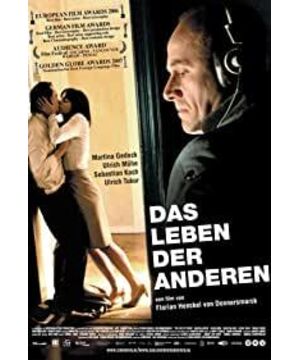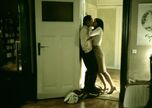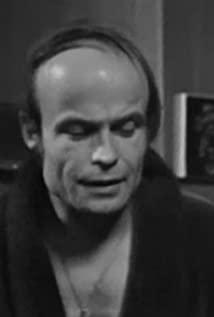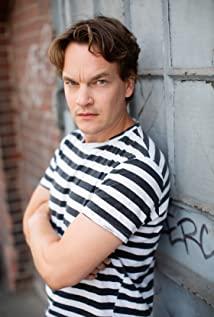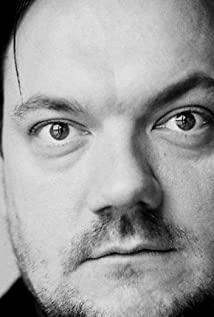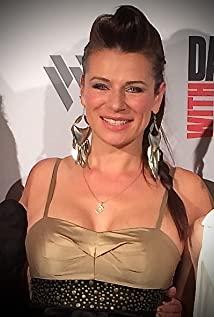me at the time... And now, sitting in front of the computer and watching this film, I think I understand the feelings of the people who were pursuing freedom at the cost of their lives.
This film, which is set to 1984, is undoubtedly a homage to the dystopian masterpiece "1984" by the British writer Orwell, and its theme is also in line with "1984", that is, how people lose their free personality under totalitarian oppression. , become inhuman.
In the play, the well-known writer Dleiman is involved in the political struggle and is monitored by the National Security Bureau. The incident is like the slogan "The big brother" is watching you" in "1984". The intention of the authorities is not only to imprison people's behavior, but also to carry out a more thorough spiritual cleanup. Therefore, although there is no "thought crime", The government has set up a blacklist to make those dissidents disappear from the public eye.
The film further extends the deep-seated question: since cultural creation cannot reflect free thought, what should be the direction? The answer is to serve the party. The party here As in "1984", it is illusory, but it is omnipresent. It may be the omnipresent portrait of Big Brother, the surveillance system everywhere. Serving the party is still confusing, so government officials gave a straightforward answer: the party is the government , is the senior government officials, the privileged class.
In front of the privileged class, everything is ants, and there is no fairness and justice in their hearts, and only power is important to them. So when writers and writers' girlfriends argue, women say that they have to please the Minister of Culture, otherwise people will have nothing if they leave the system.
The privileged class created this system to which all people must be attached, and individual freedom of thought and personal freedom was completely shattered. This is the horror scene in "1984". And once a totalitarian regime is formed, the cost of regaining freedom is high. Therefore, in terms of social system, many countries have chosen a democratic system, not because of the high efficiency of the democratic system, but on the contrary, the low efficiency of the democratic system. But democracy can guarantee freedom, and the freedom of individuals and thoughts is the source of personal happiness, the guarantee of social harmony, and the foundation of national prosperity. Therefore, freedom is extremely precious, and even if there is a high social cost to ensure freedom, it is the price that must be paid for the realization of correct ideas.
1984 has finally passed, but the acquisition of freedom is not without cost, and totalitarianism and oligarchy are always a habitual process, party membership in 1984 will not be the nightmare of our generation
View more about The Lives of Others reviews


